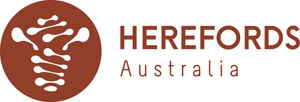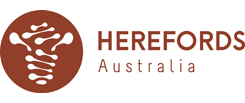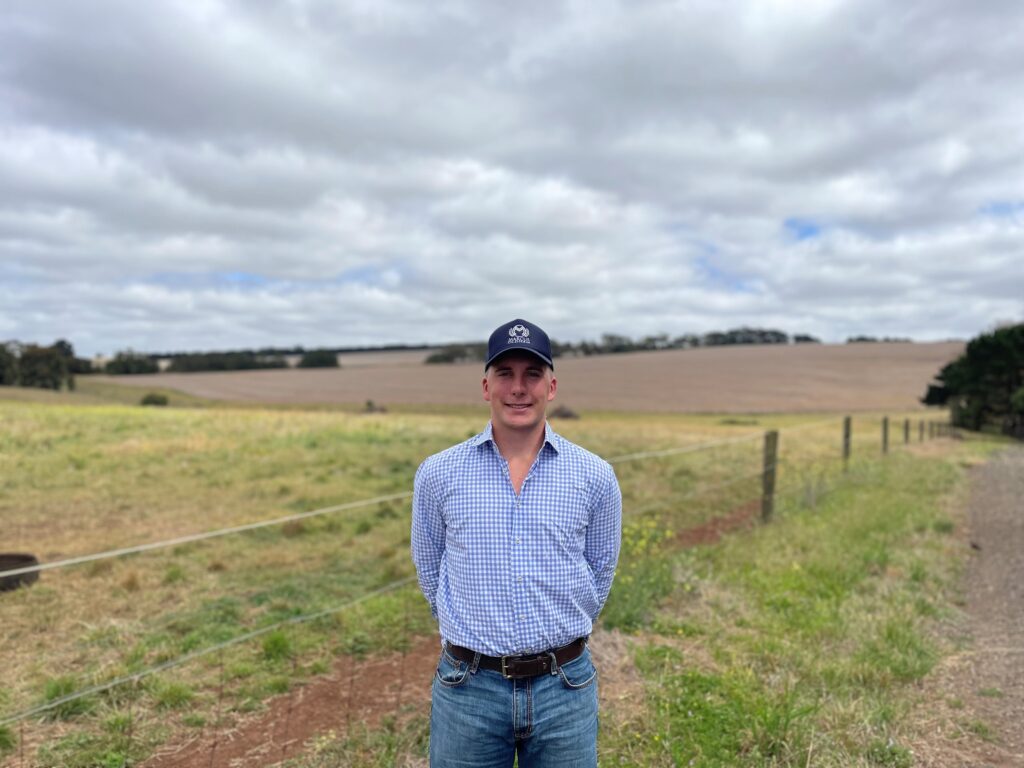An up-and-coming young advocate for the Northern Australian beef industry has been awarded the 2023 CM Hocking Scholarship.
21-year-old Sam Hayes grew up on Deepwell Station, 100km south of Alice Springs where his family ran Hereford cattle.
It was during his time on the family property that Sam developed a love for Hereford cattle after seeing how well they fared in the unpredictable seasons of central Australia.
Sam described the family’s Hereford cattle as “a really resilient line of cattle” that were “well adapted for the region” and credits the Hereford cows for raising their calves and maintaining the herd through the 2011 drought.
“I don’t believe any other animal would have held on so well,” Mr Hayes said.
While the family property had to be sold when Sam was 13, he has maintained a strong interest in the Australian beef industry, and a passion for seeing Hereford cattle regain prominence in central Australia.
Now in his second and final year of his agribusiness degree at Marcus Oldham College in Geelong, Sam hopes to use what he learns through his studies to return to the Northern Territory and ultimately end up running his own property.
“In an ideal world there’s nothing that would make me happier than to buy back into my own place in central Australia. I’m pretty committed to that region, that’s where I want to end up,” Mr Hayes said.
While Sam didn’t have as much to do with the beef industry while attending high school in Adelaide, he remained connected to the industry through his mother Tracey Hayes, who was at the time the CEO of the Northern Territory Cattleman’s Association and part of the successful class action against the Federal Government for the 2011 live export ban.
“It was great to watch my mum go through that process, and it really developed my interest in agri-politics,” Mr Hayes said.
Upon completing high school, Sam spent time working as a station hand on Newcastle Waters Station in the west Barkly region of the Northern Territory.
It was during this time that Sam’s passion for the northern beef industry was reignited, and he decided to seek higher education with which he could ultimately return to the industry.
“I fell in love with the Northern Territory again after school at Newcastle Waters and decided to come to Marcus and make a career out of it,” Mr Hayes said.
Sam sees higher education as becoming an increasingly important aspect of the beef industry and would like to see more young people from central and northern Australia pursuing these pathways.
Receiving the 2023 CM Hocking Scholarship will assist Sam with the cost of completing his studies at Marcus Oldham and ultimately assist him in achieving his long-term career goals.
“I’m very excited for the opportunity the scholarship gives me, and I am extremely grateful,” Mr Hayes said.
In his scholarship application Sam identified the need for Herefords to regain market share as one of the key issues facing the breed. He discussed how the desirable traits of Hereford cattle should be promoted through market research, ambassadors, and improved brand image.
Sam also discussed the need for further research into the issue of eye conditions including the prevalence of eye cancers in Herefords compared to other breeds, and opportunities for genetic selection to minimise instances of eye cancer.
In Sam’s application he also discussed the opportunities and challenges for the wider Australian beef industry.
The challenges Sam addressed were biosecurity, methane emissions from the beef herd and the associated consumer perceptions.
The emerging threat of exotic animal disease outbreak, with particular emphasis on Lumpy Skin Disease (LSD) and Foot and Mouth Disease (FMD) were the major challenge and Sam was keen to ensure industry was well prepared to address potential future issues.
Sam identified methane emissions from the beef herd and consumer perception of this issue as a really interesting challenge.
Advocacy from environmental groups and activists has led to a wider consumer belief that the methane emissions from cattle are significant drivers of climate change and have led to social trends such as “Meat Free Monday”.
Sam has identified the opportunity for the beef industry to develop a strong scientific narrative and marketing campaign to educate the Australian public and consumers on several of the industry’s positive impacts, including the degradable nature of the methane cycle, the health benefits of red meat, and developments in environmental and animal welfare.
Sam is passionate about more young people seeing a future in the beef industry and agriculture as a whole.
The return of young people to agriculture is a trend which Sam said he is genuinely excited to be a part of, along with continued production improvements and innovations which see producers able to improve how they grow food and do more with less.
Sam discussed the need for beef producers to connect with consumers in a transparent and authentic way and the importance of maintaining genuine brands.
Sam outlined some of the key wants of consumers as: safe and healthy food, consistent eating quality, animal welfare, environmental welfare, and Australian ownership of farms.
“Australians have a lot of pride in our farmers and producers. There’s a lot of uncertainty in global trade at the moment and we’re extremely lucky to have the food security we do,” Mr Hayes said.
The CM Hocking Scholarship was established in 2002 when Herefords Australia received a significant legacy from the estate of the late Mrs CM (Madge) Hocking to provide an ongoing annual scholarship for Australian citizens undertaking studies that will benefit the Australian Hereford industry.







